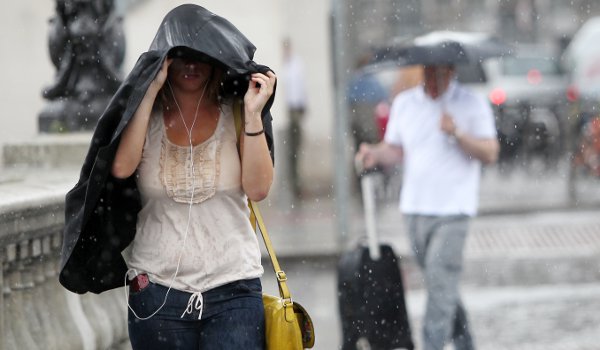THE LONDON Irish Centre is to open its doors to vulnerable young people in a series of special meetings.
Managers of the Camden venue made the announcement after an outpouring of community support for the hundreds of Irish people in Britain who began 2014 in the grips of “suicidal crisis”.
The figure, taken from the helpline of Irish suicide charity Console, was reported in The Irish Post earlier this month.
Concerned readers flocked online to respond, with many expressing concern about the claim of Console CEO Paul Kelly that recent emigrants make up the vast majority of suicidal callers.
The London Irish Centre labelled the figures “very worrying” and will respond by hosting three meetings on the issue of mental health in the coming months.
The Irish Post understands that each will feature “an informative, supportive speaker and the opportunity for young Irish emigrants to connect”.
The announcement comes as icap, which provides counselling services to the Irish in Britain, said “more needs to be done” by Irish charities to support those suffering from mental health problems.
 More needs to be done for those feeling under the weather, say Irish charities
More needs to be done for those feeling under the weather, say Irish charitiesCatherine Hennessy, the charity’s CEO, said a two-pronged strategy needs to be taken to help those in need; to educate the Irish community in Britain about the subject of mental health and to increase the awareness of mental health on a national scale.
She added that icap will be meeting Mr Kelly in the coming weeks to discuss Console’s findings.
The charity received around 2,200 calls from suicidal people in December, with 600 said to be at “immediate” risk.
Loneliness was the most common reason reported by those contemplating suicide and the highest volume of calls came from men aged 15 to 24.
The news struck a chord with a number of readers, who branded the figures “awful”, “sad” and “crazy”.
“This is shocking, given the advantages today’s Irish youth have over their migrant predecessors of the mid-20th century, who were much more ‘alien’ in the British society of their day and much less qualified to make their way,” said Irish writer Ultan Cowley.
Several of those touched by The Irish Post’s story have also volunteered to take part in a mentoring programme for struggling new emigrants.

